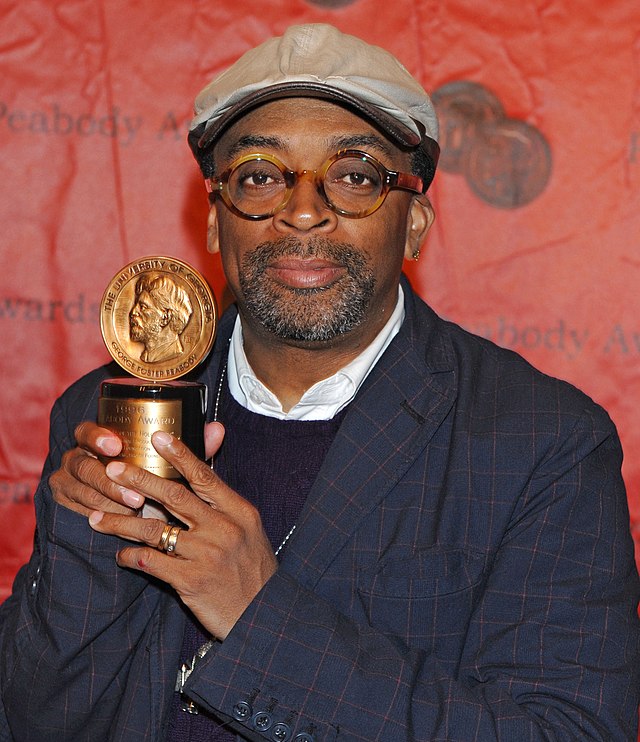Every February marks the recognition of Black History Month, a celebration of the contributions of African-American voices in every facet of American life. The arts are no exception, with Black voices having a massive impact throughout the history of art in America. Recently, society has begun to acknowledge the African-American community’s impact on the film industry, which has begun to experience a surge of diversity in recent years. These people and projects are extremely poignant and without them the film industry would not be the same.
IN FRONT OF THE CAMERA
Sidney Poitier, one of the most influential Black movie stars in history, has an impressive resume and broke ground in terms of accomplishment and longevity.
In 1964, Sidney Poitier was awarded the Oscar for Best Actor for his role in the film “Lilies of the Field.” In 1967, he was recognized as the number one star of the movie industry by theater owners. What is more impressive is that Poitier won the Oscar as a Black man during the height of the Civil Rights movement, one of the more turbulent periods for racial tension in America. Poitier’s career spanned decades, with influential movies such as “A Raisin in the Sun,” which helped further elevate authentically African-American stories, and several other key roles that defined him as one of the last great actors of Hollywood’s Golden Age.
Another influential black figure in the movie industry is the first Black person to win an Oscar: Hattie McDaniel. In 1940, she won Best Supporting Actress for her role in “Gone With the Wind.” Her story, however, comes with less fanfare than that of Poitier — not because of a lack of talent, but because of structural racism and sexism in society. Despite her win, McDaniel was forced to sit backstage during the Oscars and was not allowed to attend the premiere. Nevertheless, she became an icon for Black women in the film industry and being recognized among her peers was certainly a testament to her work.
BEHIND THE CAMERA
The story of Black cinema would not be complete without mentioning the great Spike Lee. Director of over 20 films, Lee’s career is defined by the deliverance of African-American stories to the big screen with high critical and box office acclaim. Perhaps his most influential film “Do The Right Thing” is in itself a picture of racial tensions between a community of African-Americans and Italian-Americans in bustling New York City. It received nominations for both Best Original Screenplay and Best Supporting Actor and was preserved by the National Film Registry in 1999 for its “cultural, historical, and aesthetic significance.”
Lee went on to direct countless films, each holding a spot at the top of the list for most influential Black films of all time. These films include “Malcolm X;” a biopic detailing the life of the famous activist, and “BlacKkKlansman;” a crime thriller about the first African-American detective at a precinct and his work to expose the local Ku Klux Klan chapter.
The next generation of African-American directors is on the rise, with directors such as Ryan Coogler, Barry Jenkins, Ava Duvernay and Nia Decosta all making their mark on the film industry as of late. The future of cinema has never looked brighter and better represented by Black actors and directors, who are telling stories that need to be told.












